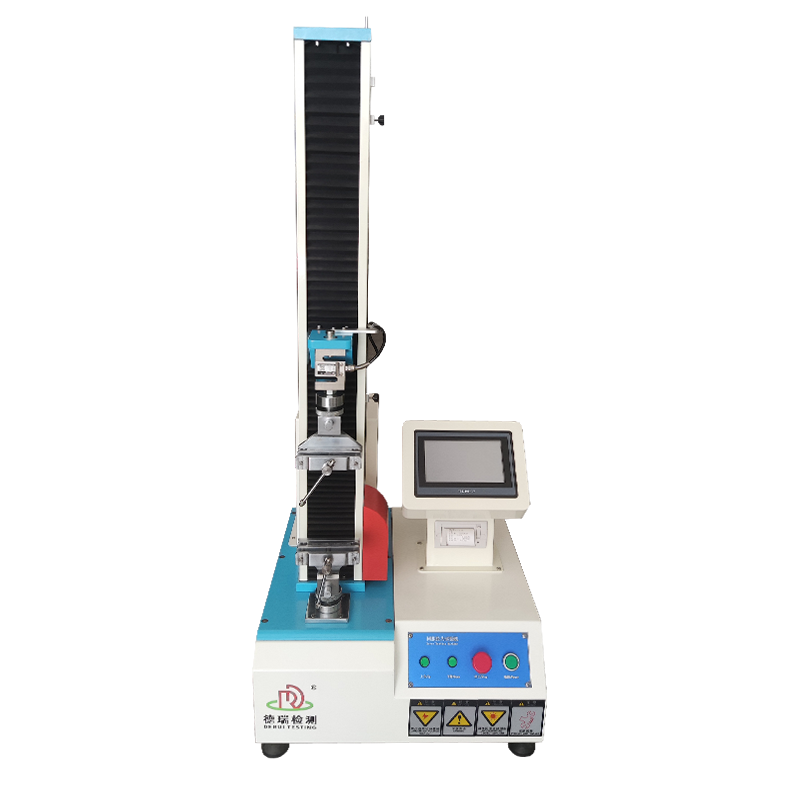
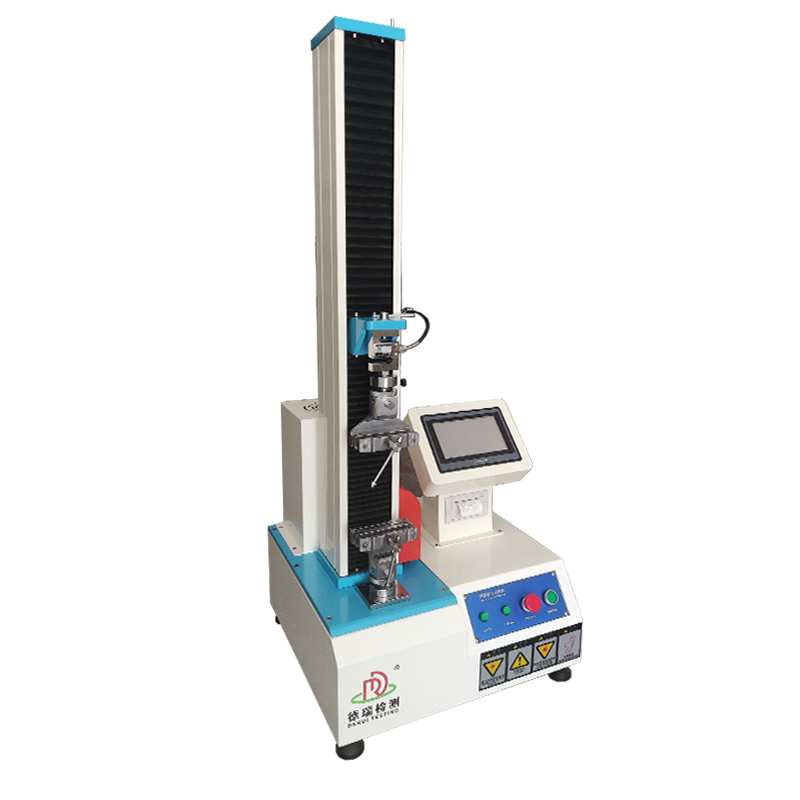
Digital Tensile Testing Machine 200kN Capacity 0.5% Accuracy RS232 Data Export Software
20000.0 INR/Unit
Product Details:
- Power 2 kW
- Color Grey / Blue
- Capacity 200 kN
- Sensor High accuracy load cell
- Load Capacity 200kN
- Power Consumption 2 kW
- Accuracy 0.5%
- Click to view more
X
Digital Tensile Testing Machine 200kN Capacity 0.5% Accuracy RS232 Data Export Software Price And Quantity
- 20000.0 INR/Unit
- Digital Display, RS232 Output
- 1 Unit
- 200 kN
- Yes (Push Button)
- Digital, High Accuracy
- Up to 80% RH, Non-condensing
- Adjustable according to test sample size
- RS232 via Dedicated Software
- Yes, via RS232 Port
- Low, User-Friendly Design
- IS, ASTM, BS, DIN and ISO
- Overload & Overtravel Protection
- Interchangeable as per requirement
- Large Digital LCD Screen
- Rigid, Floor Mounted Dual Column
- Windows-compatible Data Logging and Analysis
- Maximum 900 mm (adjustable)
Digital Tensile Testing Machine 200kN Capacity 0.5% Accuracy RS232 Data Export Software Product Specifications
- Grey / Blue
- 2 kW
- High accuracy load cell
- 200 kN
- Automatic with Digital Controls
- 2 kW
- 200kN
- 0.5%
- 900 mm
- Approx. 900 kg
- 10C to 45C
- Mild Steel Structure
- 230V AC, Single Phase
- Digital Tensile Testing Machine
- 0.01 kN
- 50 Hz
- 950 x 600 x 2100 mm
- Digital Microprocessor Based
- 0.5 to 500 mm/min
- Tensile, Compression and Flexural Testing
- Electric
- M36 x 6
- Variable, electronically controlled
- Digital Display, RS232 Data Export, Precision Control, Safety Features
- Single Phase
- Yes (Push Button)
- Digital, High Accuracy
- Up to 80% RH, Non-condensing
- Adjustable according to test sample size
- RS232 via Dedicated Software
- Yes, via RS232 Port
- Low, User-Friendly Design
- IS, ASTM, BS, DIN and ISO
- Overload & Overtravel Protection
- Interchangeable as per requirement
- Large Digital LCD Screen
- Rigid, Floor Mounted Dual Column
- Windows-compatible Data Logging and Analysis
- Maximum 900 mm (adjustable)
Digital Tensile Testing Machine 200kN Capacity 0.5% Accuracy RS232 Data Export Software Trade Information
- 80 Unit Per Month
- 5 Days
Product Description
Universal Testing Machines (UTMs), also known as tensile testing machines, are advanced laboratory systems designed to evaluate the mechanical properties of materials, including tensile strength, compression, flexural strength, and elongation. These machines are critical for industries such as automotive, aerospace, construction, and manufacturing, ensuring materials meet rigorous quality and safety standards. Below is a detailed overview of their technical specifications, applications, and compliance features, optimized for search engines and B2B buyers.
tensile testing machine universal testing machines Technical Specifications
-
Load Capacity:
-
Range: 1 kN to 1000 kN, accommodating materials from thin films to heavy-duty metals.
-
Accuracy: 0.5% of indicated load (ISO 7500-1 compliant).
-
-
Testing Modes:
-
Tensile Testing: Measures maximum force, elongation, and yield strength (ASTM E8).
-
Compression Testing: Evaluates crush resistance of concrete, polymers, and packaging (ASTM D695).
-
Flexural Testing: Assesses bend strength in plastics and composites (ASTM D790).
-
-
Control & Software:
-
Digital Interface: Touchscreen controls with pre-programmed test profiles (e.g., ASTM, ISO, JIS).
-
Data Output: Real-time stress-strain graphs, CSV/PDF reports, and customizable test templates.
-
-
Frame Design:
-
Single/Dual Column: Benchtop (150 kN) or floor-standing (up to 1000 kN) configurations.
-
Material: High-strength steel frames with corrosion-resistant coatings for long-term durability.
-
-
Safety Features:
-
Overload protection, emergency stop, and automatic shutdown for operator safety.
-
Key Applications of Universal Testing Machines
-
Metals & Alloys:
-
Tensile testing machines evaluate yield strength and ductility in steel, aluminum, and titanium.
-
-
Polymers & Plastics:
-
UTMs measure elongation, Youngs modulus, and fracture toughness in PVC, HDPE, and composites.
-
-
Construction Materials:
-
Test compression strength in concrete blocks and flexural strength in rebar (IS 516 compliant).
-
-
Textiles & Fabrics:
-
Assess tear resistance and tensile properties in industrial textiles (ASTM D5035).
-
-
Automotive Components:
-
Validate durability of seatbelts, rubber gaskets, and suspension parts.
-
Compliance & Certifications
-
International Standards: ASTM E8, ISO 7500-1, EN 10002-2.
-
Indian Standards: BIS (IS 1608 for metals, IS 516 for concrete).
-
Certifications: CE, ISO 9001:2015, NABL-accredited calibration.
Advantages for Indian Industries
-
High Precision:
-
Load cells with 0.5% accuracy ensure reliable data for quality assurance.
-
-
Versatility:
-
Universal testing machines support tensile, compression, and flexural tests in one system.
-
-
Cost Efficiency:
-
Modular designs allow upgrades (e.g., high-temperature chambers, video extensometers).
-
-
Localized Support:
-
Service centers in Mumbai, Delhi, and Chennai provide installation, training, and maintenance.
-
FAQs (tensile testing machine universal testing machines)
Q1: What is the difference between a UTM and a tensile testing machine?
A: A universal testing machine (UTM) performs multiple tests (tensile, compression, flexural), while a tensile testing machine focuses solely on tensile strength.
Q2: Can UTMs test brittle materials like ceramics?
A: Yesspecialized fixtures and low-force load cells (15 kN) accommodate fragile materials.
Q3: How often should UTMs be calibrated?
A: Annual calibration is recommended; NABL-accredited services ensure compliance with ISO/IEC 17025.
Q4: Are digital tensile testing machines compatible with Indian voltage?
A: Yesconfigured for 230V/50Hz with voltage stabilizers for unstable grids.
Q5: What industries in India use UTMs most?
A: Automotive, construction, aerospace, and textiles rely on UTMs for material certification.
Conclusion
Universal Testing Machines (UTMs) are indispensable for industries requiring precise material strength analysis. By combining versatility, compliance with global standards, and localized support, these tensile testing machines empower Indian manufacturers to ensure product reliability, reduce waste, and meet both domestic and international quality benchmarks.
Advanced Digital Control & Precision
Equipped with a high-accuracy load cell and a digital microprocessor-based control system, this machine delivers precise test results with a resolution of 0.01 kN. The digital LCD screen provides instant display of displacement and load data, while automated settings and emergency stop features enhance operational safety and simplicity.
Comprehensive Data Export & Analysis
The tensile testing machine enables easy data transfer via an RS232 interface and dedicated Windows-compatible software. Users can log, store, and analyze results efficiently, facilitating streamlined reporting and quality control. This ensures compatibility with modern lab workflows and supports compliance documentation requirements.
Versatile Testing & User Flexibility
Designed to accommodate various materials and test types, the machine includes adjustable crosshead travel (up to 900mm) and interchangeable grips and fixtures. Its robust frame, user-oriented interface, and safety mechanisms make it ideal for intensive industrial, academic, or research applications. Maintenance is straightforward, ensuring reliable, long-term operation.
FAQ's of Digital Tensile Testing Machine 200kN Capacity 0.5% Accuracy RS232 Data Export Software:
Q: How does the Digital Tensile Testing Machine export test data?
A: The machine exports test data via an RS232 interface using dedicated Windows-compatible software. This allows users to digitally log, analyze, and store test results efficiently, supporting streamlined data management and easy integration into existing workflows.Q: What types of tests can be performed with this machine?
A: This machine is suitable for tensile, compression, and flexural testing on various materials. With interchangeable grips and fixtures, it can be adapted to accommodate different sample sizes and testing requirements.Q: When is it necessary to intervene during a test, and is there an emergency stop?
A: Intervention may be necessary if abnormal readings, mechanical problems, or sample failures occur. The machine is equipped with a push-button emergency stop to immediately halt operation, ensuring user and equipment safety at all times.Q: Where can this machine be installed and operated?
A: The robust, floor-mounted dual-column frame is suitable for industrial labs, research centers, and quality control departments. It operates reliably in environments with up to 80% non-condensing humidity and temperatures between 10C to 45C.Q: What process does the machine follow for compliant testing?
A: The testing process involves clamping the sample with appropriate fixtures, configuring test parameters, and starting the automated test cycle. The machine adheres to IS, ASTM, BS, DIN, and ISO standards, ensuring standardized and reproducible results.Q: How user-friendly and low maintenance is the machine?
A: The design emphasizes ease of operation with clear digital controls, large LCD, and straightforward software. Maintenance is minimal; routine inspection and basic care ensure consistent, reliable performance over time.Q: What are the main benefits of using this tensile testing machine?
A: Key benefits include high measurement accuracy, compliance with international standards, easy data handling, enhanced safety features, versatility in testing applications, and reliable operation. These features contribute to improved productivity and quality assurance in materials testing.Tell us about your requirement

Price:
Quantity
Select Unit
- 50
- 100
- 200
- 250
- 500
- 1000+
Additional detail
Mobile number
Email




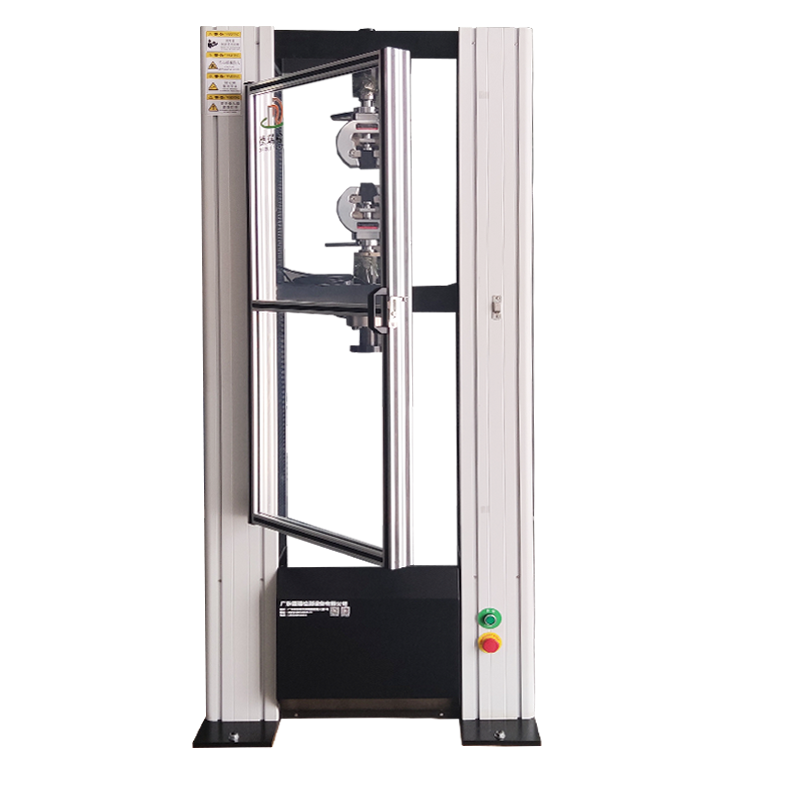
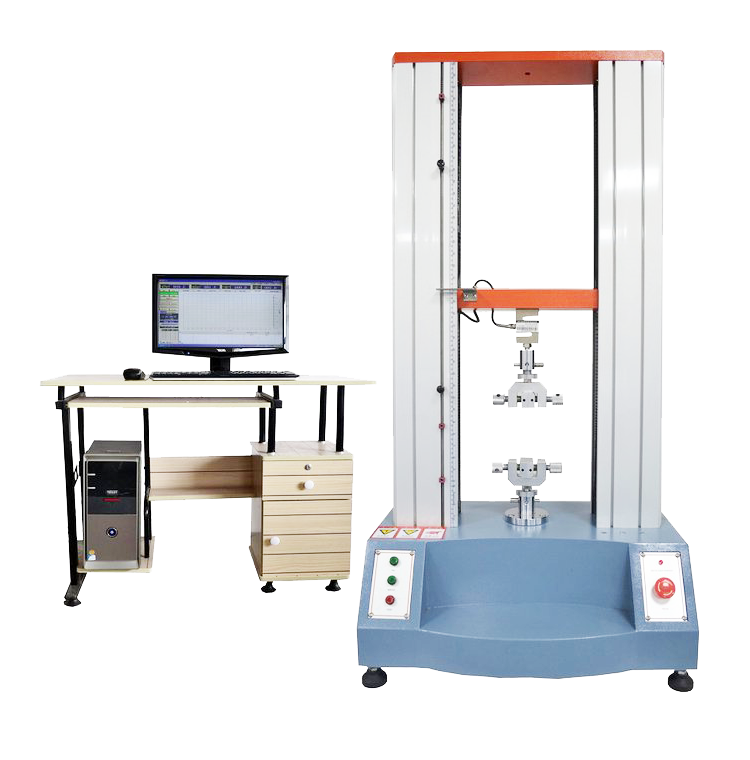
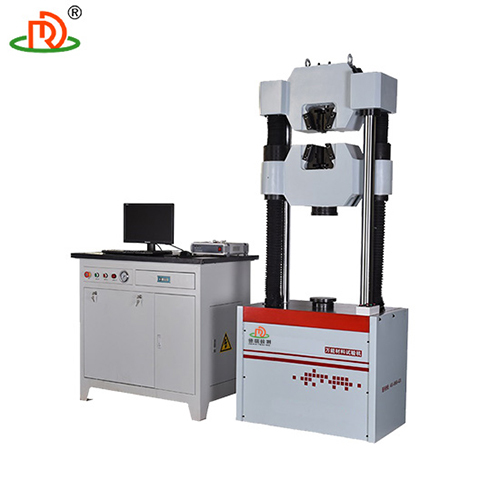
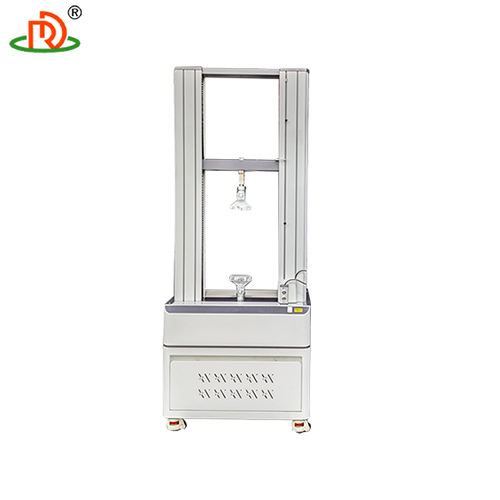

 English
English Spanish
Spanish French
French German
German Italian
Italian Chinese (Simplified)
Chinese (Simplified) Japanese
Japanese Korean
Korean Arabic
Arabic Portuguese
Portuguese